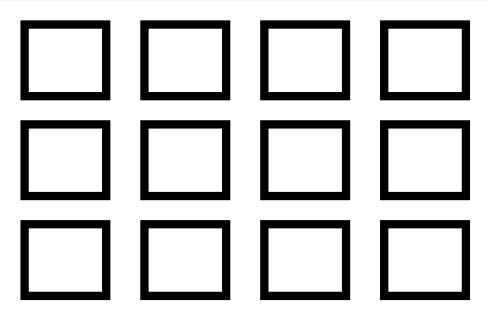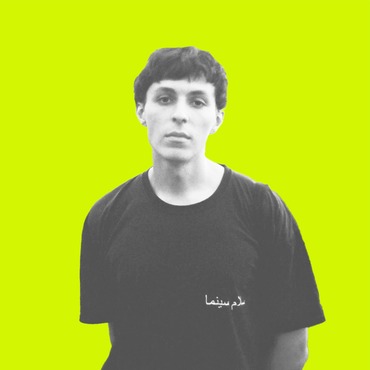‘Ukrainian reality encourages us to film more truthfully,’ Kyrylo Zemlianyi, a director, on a sceptical perspective in cinema and its perception in Europe
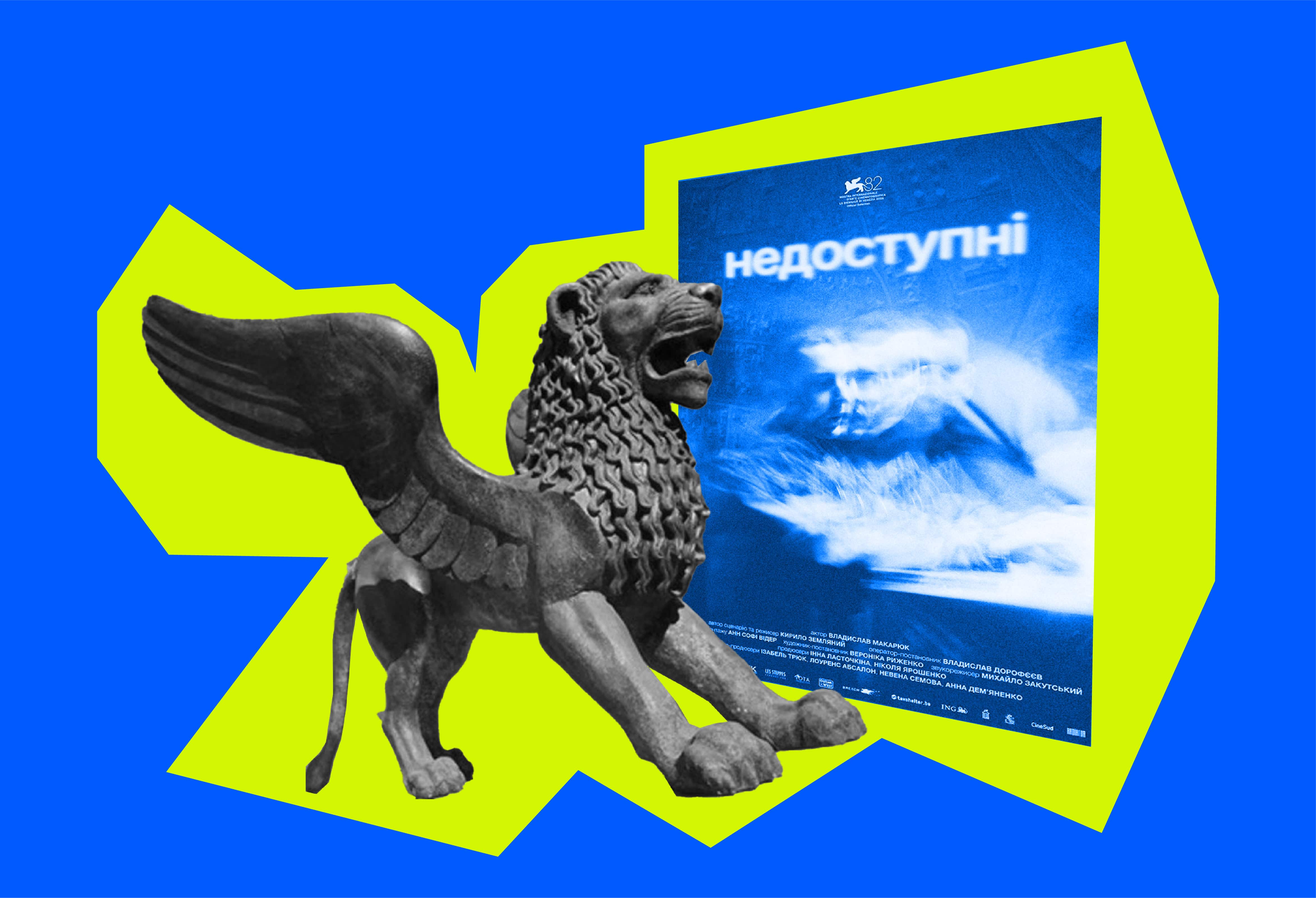
‘When Russian soldiers enter your city, they raise their flag. This year, the Venice Festival also chose to raise the Russian flag, for the first time since 2022. I sincerely hope this does not mark the beginning of Russia’s occupation of you.’ These were the words a 25-year-old Ukrainian director, Kyrylo Zemlianyi, addressed to the participants of the Venice Festival.
That day, Zemlianyi presented his third short film, ‘unavailable,’ created with the support of the House of Europe International Mobility Grant and the MIDPOINT Shorts Intensive.
His words about the Russian military are rooted in personal experience. His hometown of Tokmak, in the Zaporizhzhia region, was occupied in the first months of the full-scale invasion. That experience also underpins ‘unavailable.’
We spoke with Kyrylo about obstacles as inspiration; the Ukrainian sceptical perspective in cinema and whether international audiences are ready for it; and how he has kept working through lockdowns and war.
Is Serhii’s story a collective image? How did the idea for the plot arise?
I’d say it is half real. I’m also from Tokmak, in the Zaporizhzhia region, which is currently occupied. My family was there too.
After 24 February, I moved to Chernivtsi, lived there for six months and unloaded the same trucks as my main character. I also lost contact with my mother. In the end, she managed to leave the occupation—thankfully, without shelling. But two months later, Russian forces fired on one of those convoys, killing 32 people and injuring 118.
I thought, What if my mother had left two months later, and that had happened to her? What would I do? This question drove me to write the film.
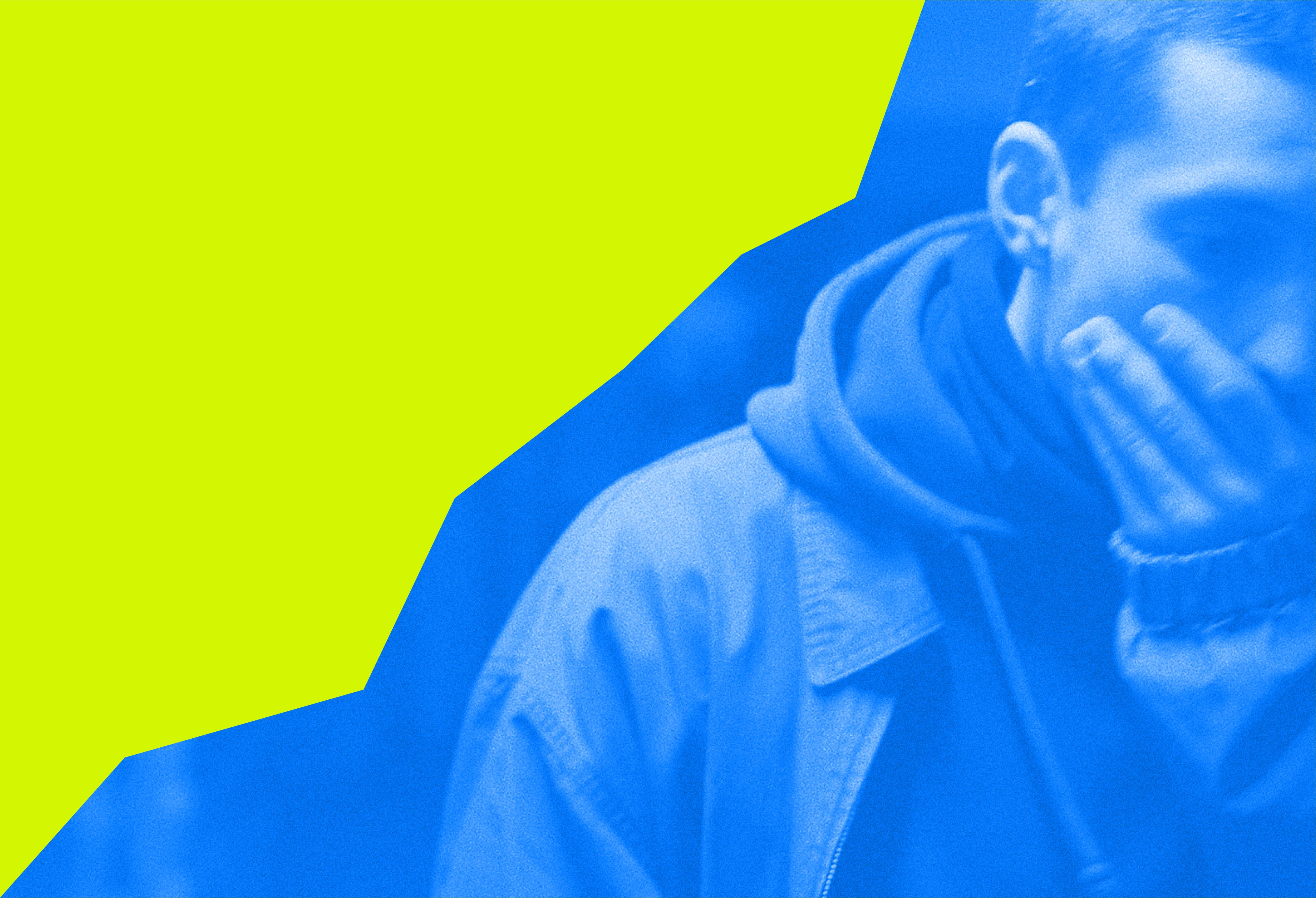
You began your filming career in 2019. Then came Covid, lockdowns, and later the full-scale invasion. Difficult times for culture. Despite these obstacles, how did you manage to begin and to continue?
When I was studying sound engineering in 2017, my Film History teacher encouraged us to go to the Cinema House, where Ukrainian and international classics were shown. There, I discovered the Modern Ukrainian Cinema organisation, which I later joined.
Every Wednesday, they screened selections of shorts. Those films inspired me deeply—I wanted to make my own. Thus, in 2019, I attempted my first film, ‘numb.’
Of course, it is difficult to work in circumstances beyond your control. But Abbas Kiarostami’s words resonate with me—that the best films are born under censorship (restrictions). Constraints activate critical thinking, force you to generate ideas quickly and creatively.
At one point, I tried to make films without a camera, using found materials and ready-made videos. To some extent, I carried this technique into ‘re-record,’ which reimagined archival footage.
How did obstacles influence your work?
In 2021, I was developing the script for ‘liubou/miłość,’ (Love), which I submitted to the State Film Agency. We won the pitching and began preparations, but when the invasion started, the Agency stopped funding. In the end, we only received the money three years later.
The story was about a man going through a divorce. To buy out his share of the flat, he planned to go to Poland to work as a taxi driver. On the eve of his departure, he visited his parents in a small town and met a former schoolmate. Feelings developed, but he still had to leave. He faced a choice: stay with her or go abroad.
But the story, written in 2021, became irrelevant after the invasion—both in terms of time and in terms of my personal growth as a director. It no longer felt urgent.
So when we finally received funding in summer 2024, I rewrote the script and filmed something new, ‘off-road.’ In some ways, it echoes the earlier story, but the context is entirely different. It will be released after ‘unavailable.’
In your view, how has the Ukrainian film industry changed in recent years?
I think there has been growing scepticism towards the state apparatus in cinema, because frankly, the system is corrupt. From 2014 to around 2019–2020, cinema experienced a certain flourishing—from Myroslav Slaboshpytskyi’s ‘The Tribe’ to Valentyn Vasianovych’s ‘Atlantis’.
Films made since then often appear in spite of, rather than thanks to, the State Film Agency. It is almost a miracle that they appear after the full-scale invasion.
Currently, no state money is being allocated for auteur cinema. For example, Vasianovych’s new film ‘For Victory!’ was made entirely without Ukrainian funding—yet it reached the Toronto Film Festival, which is incredible. The same applies to documentaries.
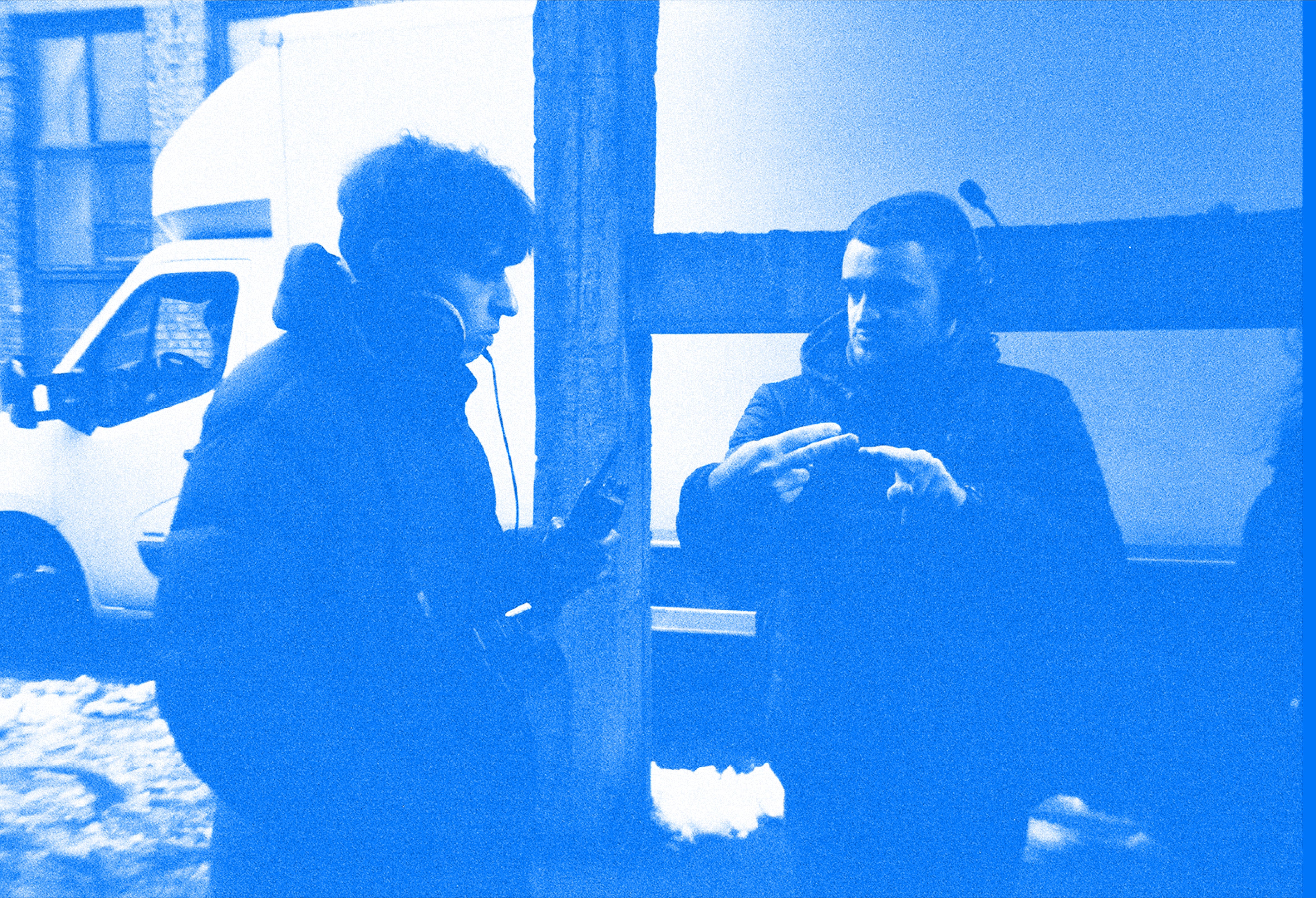
What is the situation with financing now? How difficult is it for a newcomer to secure state funds?
At present, it seems impossible to get money from the State Film Agency for a short film—there is no competition for debut shorts.
For ‘unavailable,’ there was no Ukrainian funding whatsoever. We made it thanks to MIDPOINT Shorts, among others. French television even bought the film before it was made.
Once a project has initial backing, it becomes easier to attract further support, because funders believe the film is truly happening. Later, Dutch, Belgian and Bulgarian organisations also joined in.
Tell us about your participation in MIDPOINT Shorts. What did this project and the trip abroad give you? Whom did you meet? How was the work organised?
The first stage took place in Brno, Czech Republic, and focused on script development. We worked in groups with lecturers on each other’s scripts. The second stage, in Italy, was dedicated to pitching—how to prepare, how to highlight the project’s strengths.
There was close communication among participants: we read each other’s scripts, gave feedback, and helped one another.
That support was crucial. Thanks to the House of Europe International Mobility Grant, we won the pitching and found a budget for the film. Even during power cuts, when we were rendering materials for editing, their support mattered—something as simple as a battery was invaluable then.
Did you face any difficulties travelling abroad?
The departure procedure was fairly standard. I applied for a permit and received it about a week before leaving. At the border, the only minor issue was that I hadn’t printed out the festival invitation, but showing it on my phone sufficed.
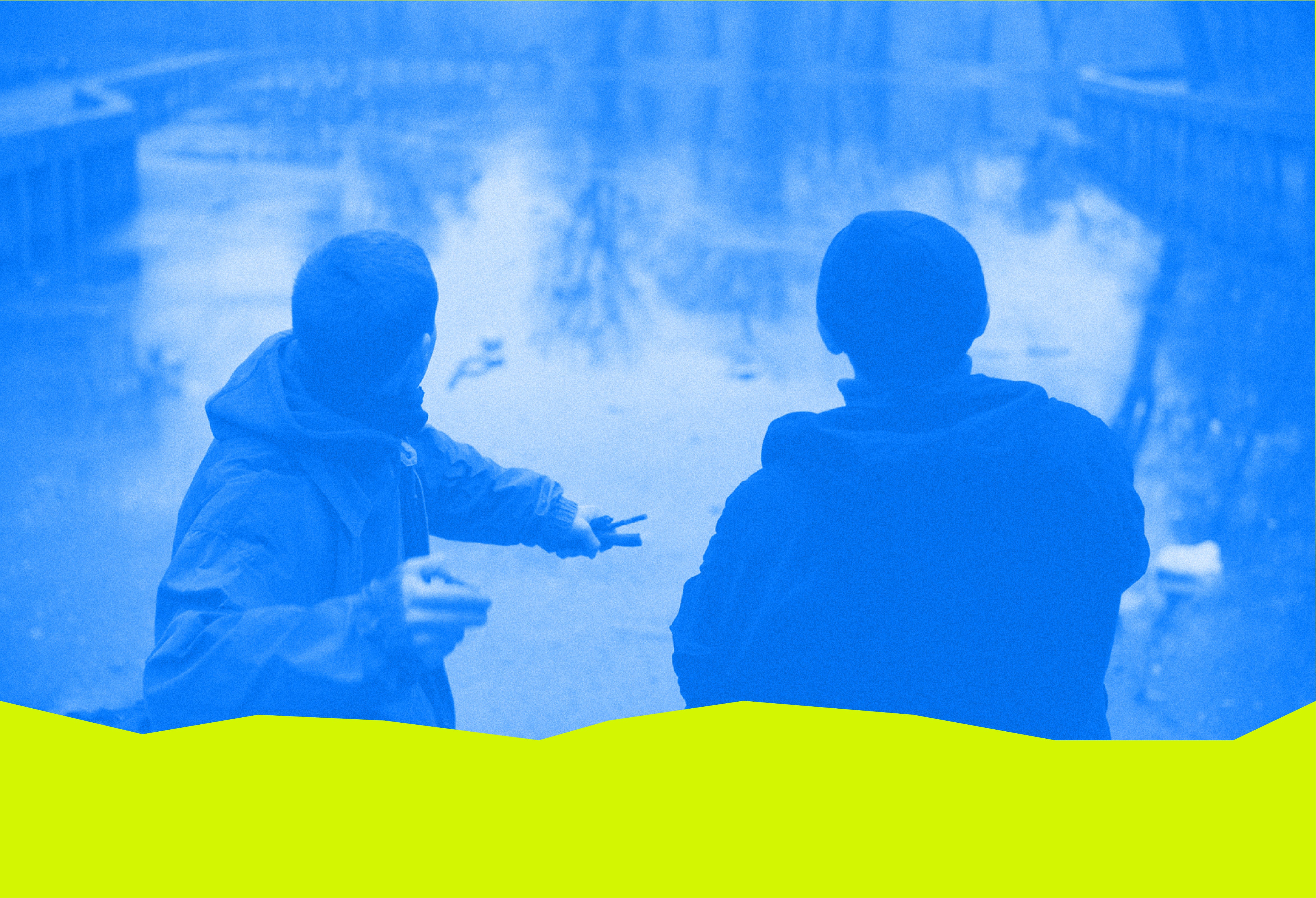
How does European film production differ from Ukraine’s? What would you like to develop here?
What I admire in Europe is the respect for people on set: proper working conditions, fair pay, and the sense that everyone is a valued part of the process.
Here, everything is far cheaper. That has advantages, but I’m not sure it’s a good prospect for the industry’s future.
What we do have, and Europe does not, is the Eastern European perspective—now even more sceptical. I appreciate that. I value our desire to grasp the present and the future through cinema.
How does this sceptical perspective manifest itself?
It’s tied closely to the full-scale invasion. For instance, after a recent press conference with Zelenskyy, Trump and European leaders, many Ukrainians watched without much seriousness. The thought was more: ‘Let’s see what actually happens.’ People are waiting for action.
The same applies to cinema. The naivety of earlier years is gone. Viewers are harder to convince. This encourages us to film more truthfully.

Do European audiences respond to this approach?
It seems they do. For example, ‘2,000 Metres to Andriivka’ has been shown in Europe and received attention for its directness. Mstyslav Chernov’s previous film, ‘20 Days in Mariupol’, even won an Oscar. From what I see, people are ready to hear the truth.
In another interview, you said, ‘I want to show what we keep quiet about, what we consciously choose not to discuss.’ What did you mean?
Both personal and social issues.
In ‘unavailable", for example, the main character steals humanitarian aid from the warehouse where he works. We could keep silent, pretend it never happens, and present everyone as virtuous.
But I believe it’s important to look at ourselves honestly from the outside.
This might be uncomfortable.
The protagonist has his motives, and I think viewers can empathise with him. I hope people will understand why he acted as he did.
Text: Kateryna Amelyna
Editing: Viktoriia Osipova
Translation into English: Iryna Goyal
